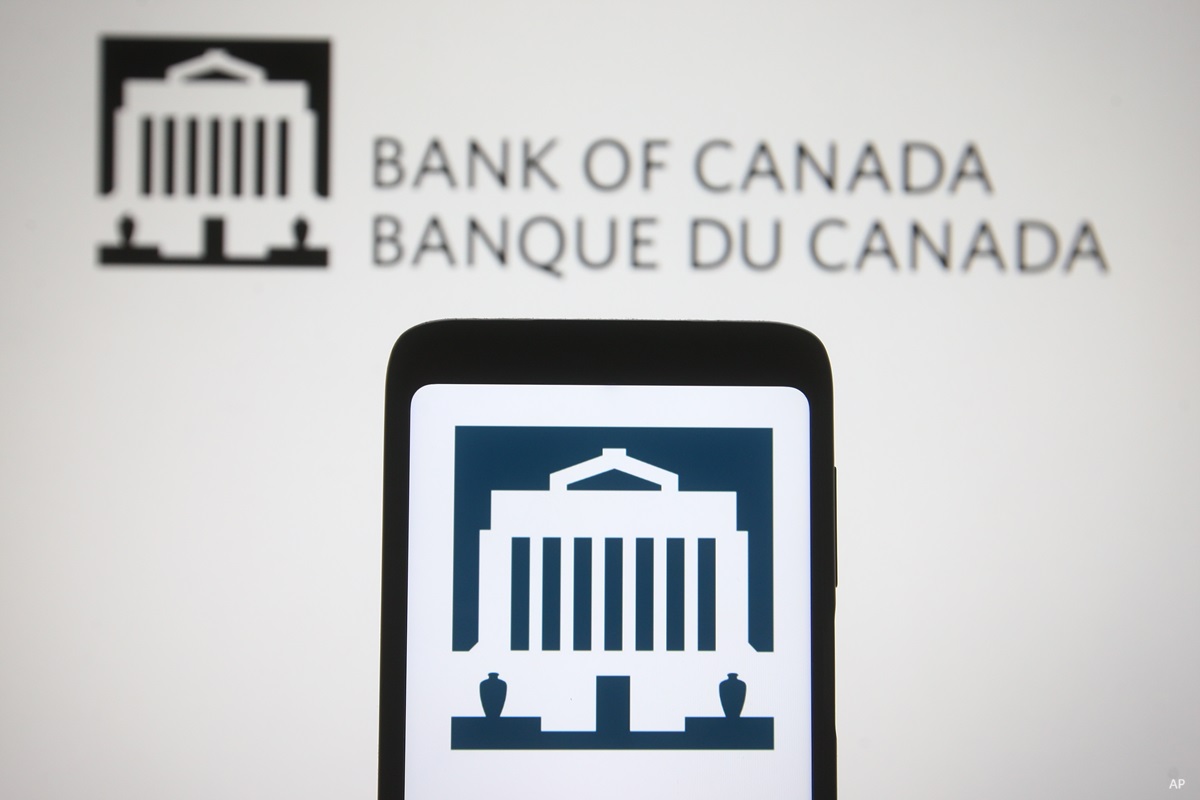
A recent American study on the Canadian advisory industry claims that advisors harbour misguided beliefs – and advise their clients accordingly. What does the industry think? And what can be done about it?
Let’s recap the main arguments of the study, titled ‘The Misguided Beliefs of Financial Advisors’. The basic problem isn’t a conflict of interest linked to embedded trailers fees, but rather wrong beliefs and practices, including frequent trading, return chasing, favouring expensive and actively managed funds with high past returns, and under-diversification.
This isn’t to say that advisors have bad intentions – quite the opposite, actually. They invest in the same way they advise their clients, and that leads to a net alpha (performance versus index) of -3.07% for their clients, of -3.66% for themselves.
The authors of the study suggest that imposing professional licensing requirements could help solve the problem, but they stop short of advising it because that could cause distortions and would lead regulators to have to specify what constitutes “good advice”.
Silent officials
Morningstar questioned people in the industry, or close to it, on their reactions to the study. Organizations like the Investment Funds Industry of Canada and Advocis, that “officially” represent the industry of mutual funds and advisors, refused to comment. That lead us to speak with individuals who are more critical of the industry.
One notable exception is Patrice Lortie, vice-president of the Professional Association of Financial Securities Advisors (PAFSA). He welcomes the study because it moves in the same direction as the PAFSA. However, he questions just how representative it is, as it covers 4,407 advisors with almost 500,000 clients and $20 billion in assets active between 1999 and 2013 at two Canadian mutual fund dealers.
That gives an average portfolio size of only $40,000, which could be representative of the mass market segment. “It leads us to assume that these advisors do other things (they sell not only investment, but also insurance).” It means that their approach to investing could be quite summary.
Chris Robinson, professor of finance at the School of Administrative Studies at York University, also minimizes the reach of the study. “Its statement should be: a significant number of advisors have misguided beliefs, and their portfolios coincide with those they put their clients in. For example, a lot of advisors are not putting their clients in high fees funds.”
“Good advisors add value,” also recognizes John De Goey, portfolio manager at Wellington-Altus Private Wealth and author of Stand Up to the Financial Services Industry. “But you have to be careful: not all advisors add value.”
Smug and satisfied
That said, Robinson and De Goey are very critical of the financial advisory industry. Reading an earlier 2016 version of Misguided Beliefs had the effect of an epiphany on De Goey, prompting him to radically change the premises and outlook of his book’s 4th edition. “I realized that the problem is one of advisors being smug and satisfied. They really believe that they’re doing things properly.”
But as the U.S. study points out, many of their cherished beliefs are wrong, and need to be corrected. How? Through education, claim our participants. Robinson thinks it is a basic ethical requirement: “It is unethical to be incompetent, regardless of what you do for yourself,” he says, adding that the industry needs higher standards and higher education requirements.
Presently, advisors are only trained to know and sell mutual funds. They are not trained to understand investing and how to solve investment problems. “I openly ask, is it educating or indoctrination?” Robinson proposes that qualifying to be an advisor should require a university level training “that would be similar to a bachelor of commerce degree with specialization in finance, a 4-year degree with background in accounting, behavioral economics, organizational behavior.”
Who gets the job done?
Who should impose such an enhanced curriculum? Should a national advisors’ association at least prepare educational material addressing advisors’ misguided beliefs?
Lortie disagrees. “Advisors are swamped daily by hundreds of emails from mutual fund firms and, anyway, they don’t read,” he notes. “If something is not imposed by an official organization, there’s little chance they will feel concerned.”
The Canadian Securities Administrators are presently finalizing a new 31-103 regulation concerning advisors’ obligations, which aims at better aligning advisor and client interests. “It will make advisors prioritize client needs before making a recommendation,” says Martin Picard, regulatory analyst at the Autorité des marches financiers, Quebec’s financial watchdog. But that still falls short of the mark, he recognizes. “We can’t claim that it will thwart personal bias.”
Robinson doesn’t expect anything good to come from either regulators or self-regulators. “The industry is designed to protect crooks,” he shoots. A breakthrough can only come from investors themselves, claims De Goey. “No one should care more about their money than the people who have got money at stake. The only way to overcome this is to go over advisors’ heads to their clients and get them to take action,” he says.
Some advisor associations could lend a helping hand, especially if they aim at establishing a professional order for advisors, as PAFSA aims to do. “We have designed an education program, but it’s still only a rough sketch, Lortie indicates. We are meeting government bodies and self-regulators. We have peoples’ ears, but it’s a long process.”
Robinson believes that ultimately, investment allocation should be taken out of advisors’ hands, into robo-systems. Perhaps, but Lortie counters that it wouldn’t cancel advisors’ value. “Okay, their alpha is negative, but their ‘gamma’ is positive,” he says, pointing to a CIRANO study that shows that the true value of an advisor is as a behavioral coach who encourages discipline and savings. That study demonstrated that investors who, for example, have been with an advisor more than 15 years, “will have 173% more assets than if they did not have a financial advisor.”
The question, though, is: what net value is gamma, with negative alpha?



















